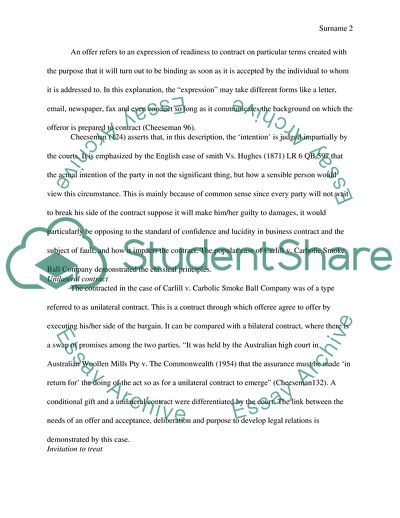Cite this document
(David Contract Case Study Example | Topics and Well Written Essays - 2250 words, n.d.)
David Contract Case Study Example | Topics and Well Written Essays - 2250 words. https://studentshare.org/law/1788956-david-contracts
David Contract Case Study Example | Topics and Well Written Essays - 2250 words. https://studentshare.org/law/1788956-david-contracts
(David Contract Case Study Example | Topics and Well Written Essays - 2250 Words)
David Contract Case Study Example | Topics and Well Written Essays - 2250 Words. https://studentshare.org/law/1788956-david-contracts.
David Contract Case Study Example | Topics and Well Written Essays - 2250 Words. https://studentshare.org/law/1788956-david-contracts.
“David Contract Case Study Example | Topics and Well Written Essays - 2250 Words”. https://studentshare.org/law/1788956-david-contracts.


